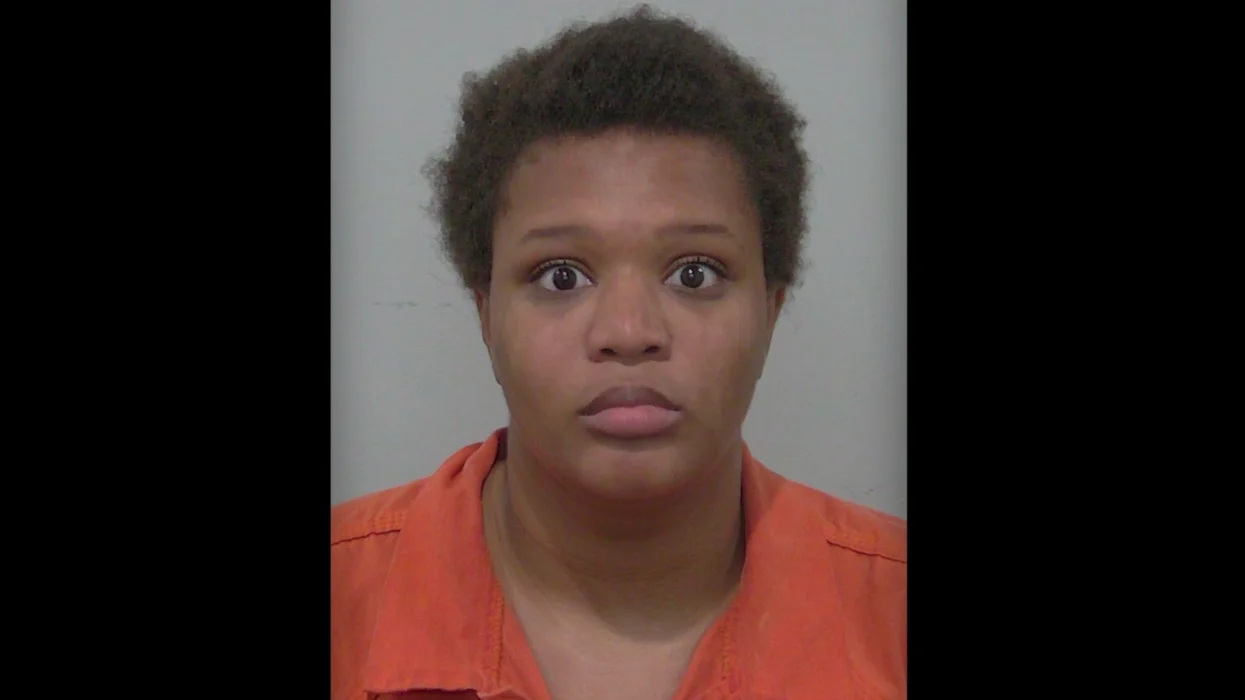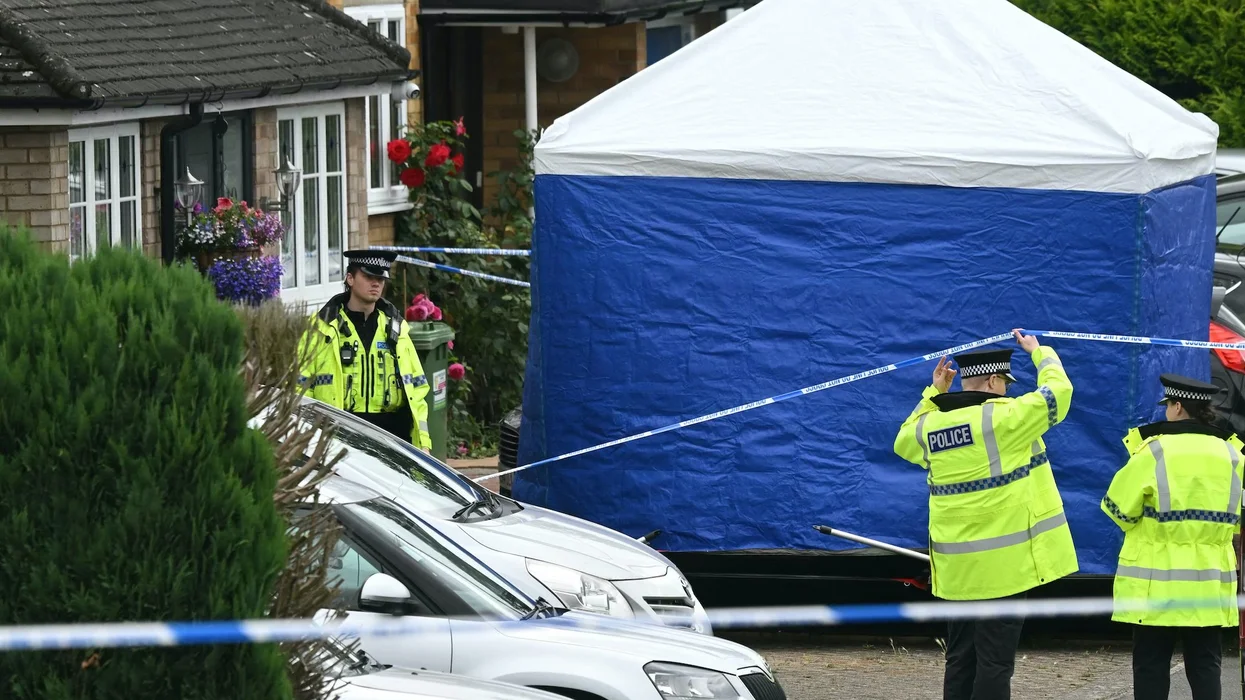
A Chinese man stands alone to block a line of tanks heading east on Beijing's Cangan Blvd. in Tiananmen Square on June 5, 1989. The man, calling for an end to the recent violence and bloodshed against pro-democracy demonstrators, was pulled away by bystanders, and the tanks continued on their way. The Chinese government crushed a student-led demonstration for democratic reform and against government corruption, killing hundreds, or perhaps thousands of demonstrators in the strongest anti-government protest since the 1949 revolution. Ironically, the name Tiananmen means "Gate of Heavenly Peace." (Credit: AP/Jeff Widener)






